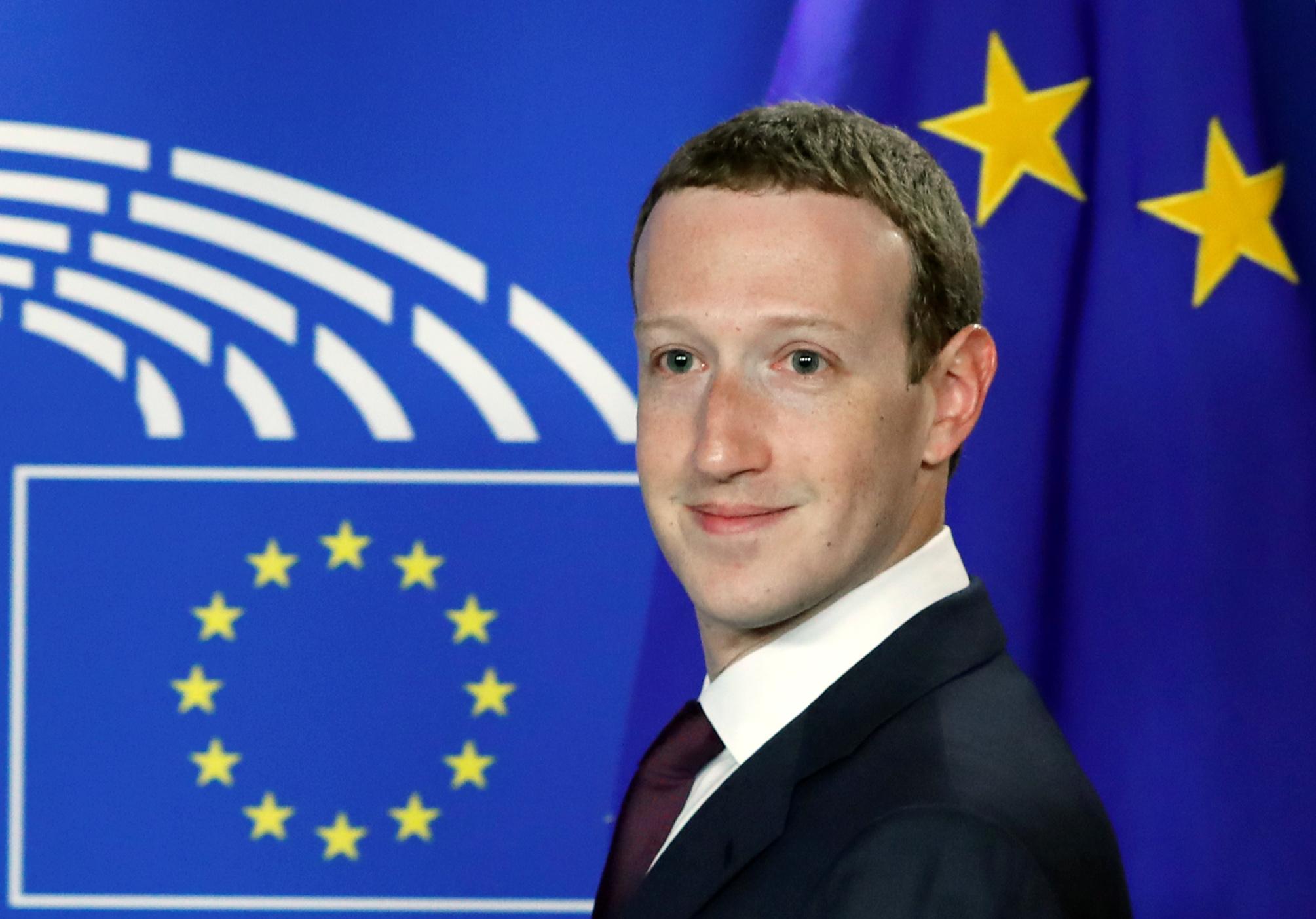Mark Zuckerberg warned his legacy will be 'a genius who created a digital monster' at European Parliament hearing
'I really think we have a big problem here and it won’t be fixed by saying we will fix itself,' Guy Verhofstadt tells Facebook founder

Your support helps us to tell the story
From reproductive rights to climate change to Big Tech, The Independent is on the ground when the story is developing. Whether it's investigating the financials of Elon Musk's pro-Trump PAC or producing our latest documentary, 'The A Word', which shines a light on the American women fighting for reproductive rights, we know how important it is to parse out the facts from the messaging.
At such a critical moment in US history, we need reporters on the ground. Your donation allows us to keep sending journalists to speak to both sides of the story.
The Independent is trusted by Americans across the entire political spectrum. And unlike many other quality news outlets, we choose not to lock Americans out of our reporting and analysis with paywalls. We believe quality journalism should be available to everyone, paid for by those who can afford it.
Your support makes all the difference.Mark Zuckerberg was warned that he risks being remembered as “a genius who created a digital monster”, by a senior member of the European Parliament, where the Facebook founder and chief executive was answering questions on a massive data leak affecting millions of users.
Guy Verhofstadt said that the only way for scandals surrounding the social media giant to subside would be for its services to be split apart.
“I really think we have a big problem here and it won’t be fixed by saying we will fix itself,” the parliament’s chief Brexit negotiator said. “Could you and would you cooperate with European Antitrust authorities?”
The Belgian MEP went on to suggest that Facebook’s dominance could be stifled by splitting it from Facebook messenger.
Down one road he would be remembered as a pioneer who created technology for good, “like Steve Jobs”, down the other his legacy would be that of “a genius who created a digital monster.”
German MEP Manfred Weber said it was “time to discuss breaking Facebook’s monopoly”.
Noting that the company already owned rival services like Instagram and Whatsapp, he added that it already had “too much power in one hand”.
It was up to Mr Zuckerberg to convince him that this measure is not necessary, he said.
Mr Zuckerberg replied that Facebook existed “in a very competitive space where people use a lot of different tools for communication”.
He added: “From where I sit it feels like there are new competitors coming up every day … That feels like a competitive market.”
However, when he appeared before the US Congress in April, he was unable to name a rival service offering similar functionality as his social network.
Both hearings were seeking answers in the wake of the data scandal surrounding Facebook and the UK data firm Cambridge Analytica, which filed for bankruptcy earlier this month.
Around 87 million Facebook users had their personal information improperly shared with the UK firm. The data was then used for the purpose of political profiling during the 2016 US presidential elections and the UK’s EU referendum that same year.
Facebook has more than 2.2 billion users worldwide and dwarfs any other online social network.
Beyond its core social network business, Facebook and its various subsidiaries now have direct influence over almost half of all internet traffic.
The call from the MEPs to break up Facebook’s monopoly comes as advocacy groups in the US urged the Federal Trade Commission to do the same thing.
The Freedom from Facebook campaign claims the company has too much power and has become a fundamental threat to democracy.
“Facebook unilaterally decides the news that billions of people around the world see every day,” the campaign’s website states. “It buys up or bankrupts potential competitors to protect its monopoly, killing innovation and choice. It tracks us almost everywhere we go on the web and, through our smartphones, even where we go in the real world.
“And it is spending millions on corporate lobbyists, academics, and think tanks to ensure no one gets in their way. Enough.”
Join our commenting forum
Join thought-provoking conversations, follow other Independent readers and see their replies
Comments